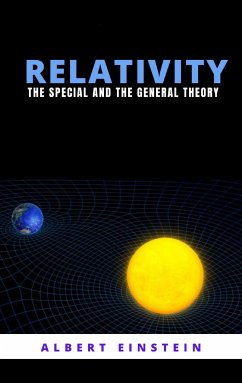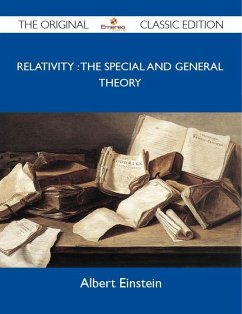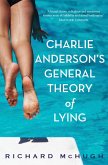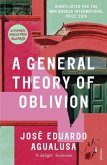Albert Einstein is the unquestioned founder of modern physics. His theory of relativity is the most important scientific idea of the modern era. In this book Einstein explains, using the minimum of mathematical terms, the basic ideas and principles of the theory which has shaped the world we live in today. Unsurpassed by any subsequent books on relativity, this remains the most popular and useful exposition of Einstein's immense contribution to human knowledge.In this work Einstein intended, as far as possible, to give an exact insight into the theory of relativity to those readers who, from a general and scientific philosophical point of view, are interested in the theory, but who are not conversant with the mathematical apparatus of theoretical physics. The theory of relativity enriched physics and astronomy during the 20th century.
Dieser Download kann aus rechtlichen Gründen nur mit Rechnungsadresse in A, B, BG, CY, CZ, D, DK, EW, E, FIN, F, GR, HR, H, IRL, I, LT, L, LR, M, NL, PL, P, R, S, SLO, SK ausgeliefert werden.









